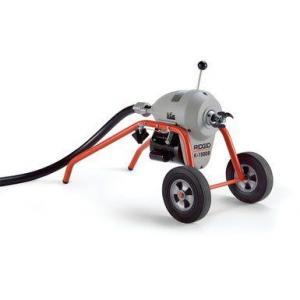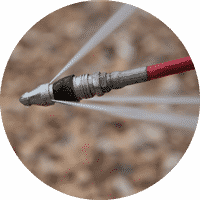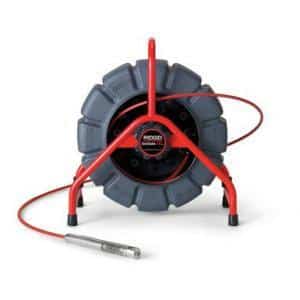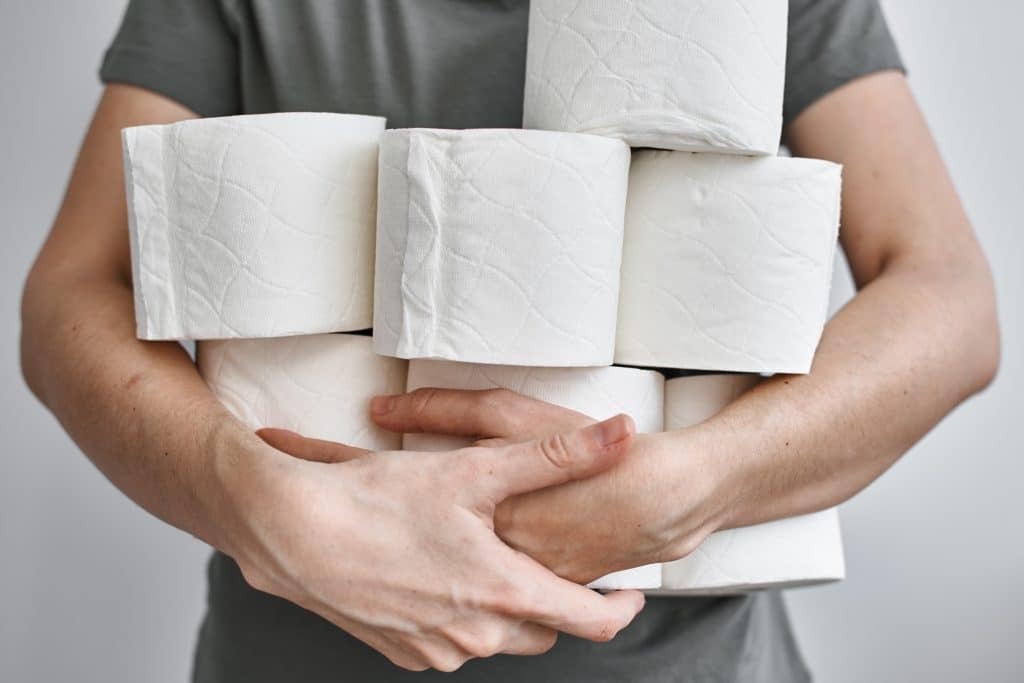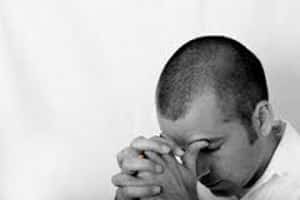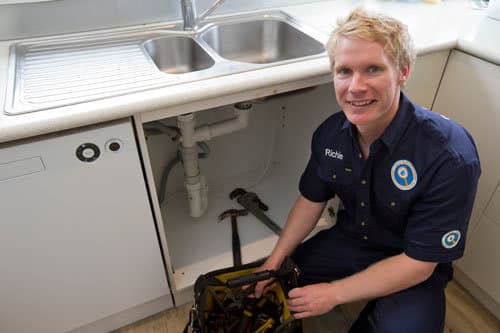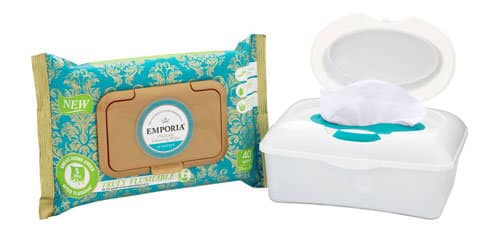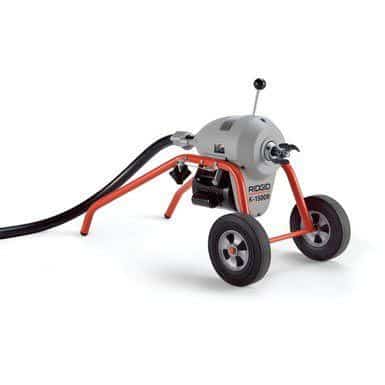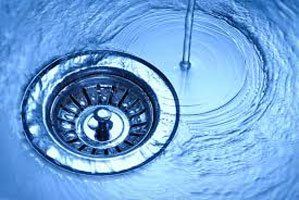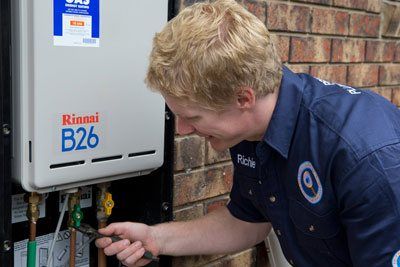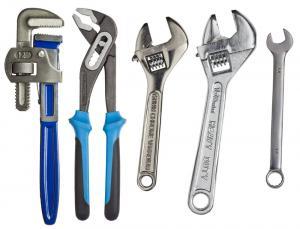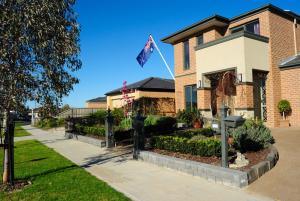It's probably one of the most asked question in our industry so I'm going to go through it step by step.
How much do plumbers in Melbourne and surrounding areas charge? What is a good hourly rate? Should I get a quote upfront? How much mark up should I expect to pay on materials? Do I need an itemised bill?
I'd like to address each of these questions to give everyone a clear guide to plumbers and how they charge.
A service plumber and a contract plumber
- A service plumber is a plumber who will come to your home day or night and save you from anything from a dripping tap to a full blown burst water pipe emergency. They usually have sign written vans and you can find them in the Yellow Pages or on Google and they usually have a website and some reviews (Notice I said usually)
- A contract plumber is a plumber that gets most of their work from builders and/or renovations. These guys specialise in new builds and tend to be booked up for months in advance. They are set up for dealing mostly with builders and can be very hard to get a hold of over the phone.
Now that we have that out of the way, there are two ways plumbers can charge and they often get mixed up
- Hourly rate (Time + Materials) - this is when a plumber will typically charge a call out fee ($80-$160 and sometimes more) then charge an hourly rate or a division of that (per 15mins or per 30mins) once they have arrived. The good thing about this is you can keep an eye on the time and roughly know how much the bill will come to. The downside is that you have no control over how much your bill will be at the end and controlling your costs can be very difficult.
- Flat rate (Standardised pricing) - this is similar to quoting upfront but is used for small jobs as well. (quoting is usually done for larger jobs where you may even get 3 quotes). This is where your plumber will price all the tasks that need to be done upfront before they start so you know what the total bill will come to before they start. Sometimes there will be a dispatch fee (usually small ranging from $39-$69) and that will usually get waived once you go ahead with any work.
Choosing the right plumber for the job.
If you have a large project (renovation or are building a new house) It makes sense to get a plumber that specialises in this type of work (Contract plumber). They tend to be set up for this, they should have the right tools (Excavators, lazer levels, pex piping tools) and will quote upfront and are used to competing with other plumbers for work. They will be competitively priced and usually very fast at completing the work. They can be messy, hard to get a hold of (especially after hours) and paper work will typically be the last thing they think about. (Think invoices, compliance certificate, permits and the like). Using a service based plumber on a large project could be likened to going to the milk bar for your weekly shop - you are paying more for convenience when you don't need to.
Service plumbers however are the ones you call when you have a small job or need someone really quickly. They tend to charge more than contract plumbers and are usually more organised and a lot easier to get in contact with. They will also have specialist tools and equipment that project plumbers don't have (Such a leak detection equipment or CCTV cameras). Service plumbers can use both methods of charging (hourly rate or flat rate)
So which way of charging is best?
While hourly rate can seem attractive - it often seems low especially when the hourly rate can be between $60-$120 per hour because you may already have an idea of how long you "think" a job should take. There are some things you will need consider when choosing a plumber who charges by the hour
- Will they have all the parts with them when they arrive? - or will they need to get them (and charge you for the time they spend)
- Are they experienced in the job they are doing for you? - this may seem like an obvious one (After all you've called a plumber right) But Plumbing is a very broad trade and your plumber may take longer to complete some tasks (and therefore charge you more)
- If something goes wrong are they going to charge you extra to fix it? Again seems obvious but some plumbers on an hourly rate (Especially at the lower end) expect to be paid even if they are fixing their own stuff ups
- What happens when the job takes longer? Is there a cap on how long the job will take or are you throwing money to wind?
- Are you paying for the plumber to answer their phone? Many small plumbers will get calls while they are on your job (They need to answer it after all and don't have a receptionist) Are they going to be doing that on your time? or do they pause the "clock" while they take a call?
- How much is your plumber charging for parts? Do they give you the "trade price" and if so will they show you the receipt or do they charge a margin? and if so do they offer a warranty for their parts and will they handle a warranty claim on your behalf on larger items like hot water systems or heaters?
Is flat rate a better option? If you feel more comfortable knowing how much a job will cost you before the plumber starts work - here are some things you should look for...
- Is the call out fee/dispatch fee waived when you go ahead with work? Sometimes it is and sometimes it is added to the bill
- Have you checked the reviews for the plumber? A great way to get a gauge on a plumbing business you have not used before is to see what other people who have used them have said. Do a quick Google search and check the reviews. some good review sites are
- Google
- Facebook
- Trustpilot
- Product review
- Yelp
- What warranties does the company offer on the products or services they sell? Most plumbers and plumbing companies should offer at least a 10 year warranty and be willing to stand behind their work if something goes wrong.
- What are they like answering their phone? How hard was it for you to get through the first time you called them? If it was hard the first time, imagine how hard it will be if you have a complaint.
The bottom line
It is almost impossible to give a price over the phone or otherwise without actually seeing the job. Any plumber that tries to do this is doing you a disservice for several reasons...
- No plumbing job is ever the same so the price is inaccurate which can lead to two things happening
- The plumber will charge you more than they quoted you which will leave a bad taste in your mouth
- The plumber won't charge you more and will try to do half a job to get out of it by taking as little loss on the job as possible (inevitably leading to faulty workmanship and an angry customer)
Do your research into which method of charging you are most comfortable with and research each plumbing company to see how reputable and experienced they are.
You should always know how much a job will cost you before any work is started and you should know who will be liable if something goes wrong.
You should feel comfortable with the company you have chosen and the process should be fairly easy from initial call to completion.
